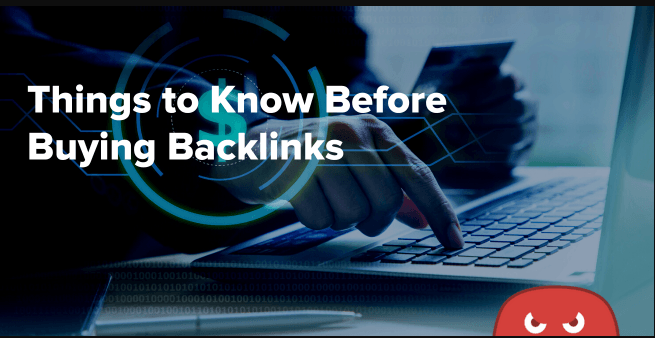Why Buying Links is Bad for SEO

Search engine optimization (SEO) is a practice that revolves around improving a website’s visibility on search engines like Google. For years, link-building has been a crucial component of SEO. In the early days, the quantity of links was a major factor in ranking. As a result, buying links became a popular, albeit shady, practice. However, in today’s SEO landscape, buying links is detrimental for a multitude of reasons.
1. **Violation of Search Engine Guidelines**: Both Google and Bing clearly state in their webmaster guidelines that buying or selling links can negatively impact a site’s ranking in search results. Sites that violate these guidelines risk being penalized or de-indexed.
2. **Poor Quality Links**: When you buy links, there’s no guarantee of quality. Many link-selling services offer links from low-quality, spammy sites that can actually harm your site’s reputation and ranking.
3. **Unnatural Link Patterns**: Automated or bulk link buying can lead to unnatural link patterns that are easily detectable by sophisticated search engine algorithms. Rapid spikes in backlinks, especially from unrelated or low-quality sites, can raise red flags.
4. **Short-term Gains, Long-term Losses**: Even if bought links temporarily boost your ranking, search engines continually refine their algorithms. Once detected, your site may suffer long-term ranking and traffic losses, outweighing any short-term gains.
5. **Relevance Matters**: Search engines place a premium on relevant, organic links. A local bakery site linked by a car repair forum, for example, would be seen as irrelevant, which diminishes the value of the link.
6. **Potential for Negative SEO**: Competitors can purchase bad links for your site in an attempt to harm your rankings, a tactic known as negative SEO. If you’re already involved in link-buying schemes, differentiating between legitimate and malicious links becomes challenging.
7. **Loss of Credibility**: Your site’s credibility can be compromised if visitors or customers discover you’re attempting to manipulate rankings through link buying. This can damage trust and hurt your brand reputation.
8. **Costly Mistakes**: The money spent on buying links could be invested in more sustainable and ethical SEO strategies. Plus, if penalized, the cost of recovery – both financially and in terms of lost traffic – can be significant.
In conclusion, while the temptation to buy links for quick SEO wins might be strong, the risks involved make it a poor and shortsighted strategy. Instead, focus on creating high-quality content, fostering organic growth, and building genuine relationships within your industry. In the long run, ethical SEO practices yield more sustainable results and protect the integrity and reputation of your website.
Read Also : Why Buying Links is Bad for SEO




